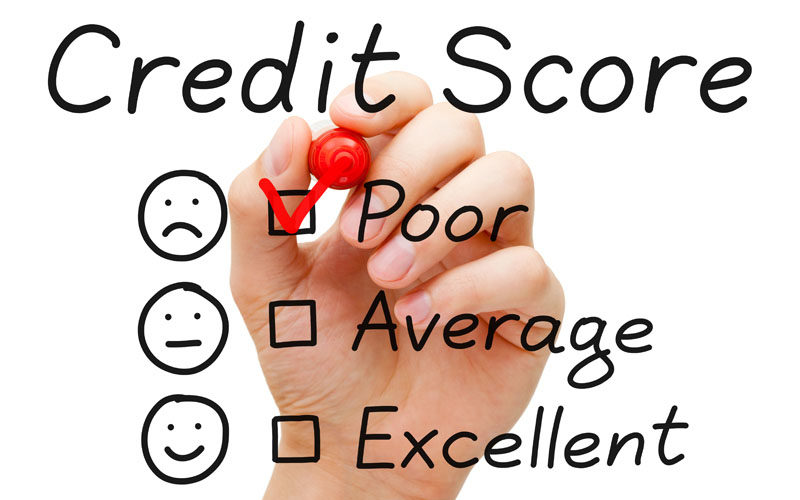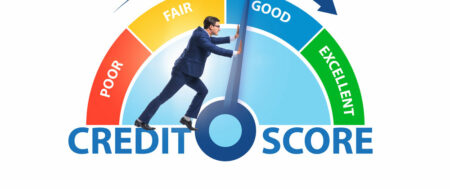If you have challenged or even terrible credit, you’re not alone. According to Experian, more than one-third (37.2%) of Americans have FICO scores below 670, which is considered fair to very poor credit. Just because there are others in your same financial position, the burden of having bad credit can still be heavy. Yes, it can be difficult to make financial progress with bad credit, but it’s not impossible. Here is what you need to know about your credit score and some steps you can take to improve your credit.
Know Your Credit Score
Before you can take any action, you should know everything possible about your personal credit situation One thing that many people don’t realize is that every American is entitled to one free copy of each of their credit reports (Experian, Equifax, and Transunion) annually. You can request these free reports from annualcreditreport.com.
When you receive your credit report, you will be able to review all of the financial data that impacts your credit. These items include:
- Each of your credit cards and their current balances
- Money owed on loans such as mortgages, auto loans, and student loans
- Any missed or late payment over the past seven years
- Any negative judgments such as foreclosures or bankruptcies
Carefully Review Your Credit Report
It’s vitally important that you thoroughly review each of your credit reports for any possible errors or discrepancies. An inaccurate item could be hurting your credit score unfairly. If you find errors on your report, you should report them to the credit bureau immediately in writing. The credit bureau is required to verify information and fix errors at no charge to you. Often, just reporting errors on your report can boost your score.
How to Improve Your Credit
Once you’ve fixed any errors on your credit report, you can begin taking some other measures to improve your credit and FICO score. Granted, you won’t see results overnight, but these actions taken over a period of time will significantly improve your credit. The tried and true ways to improve your credit include:
- Pay all of your bills on time.
- Start to pay more than your minimum monthly payment due on credit cards. This will reduce your debt-to-income ratio and help you pay off those credit cards quicker.
- Maintain credit accounts. This means that, even after you pay off your credit cards, you should keep those accounts open and in good standing. Doing this will work in your favor because it will show that you are using a smaller portion of your “available credit.”
- Purchase a car only from a reputable Buy Here Pay Here dealer that will report your loan and on-time payments to all three credit bureaus. Most of these dealers don’t report any activity to credit bureaus.
Having some credit challenges is more common than most people think, and it’s certainly not the end of the world. With some perspective, focus, and a solid plan, you can begin to rise above that subpar score to a better credit rating that will open even more financial opportunities in the future.





![The Integrity Difference: Easy Financing & Payment Options [video]](https://www.integrityautofinance.com/wp-content/uploads/2019/02/integrity-difference-easy-financing-payment-options-450x189.jpg)
![Rebuild Your Credit with Integrity [video]](https://www.integrityautofinance.com/wp-content/uploads/2018/12/rebuild-your-credit-with-integrity-450x189.jpg)




